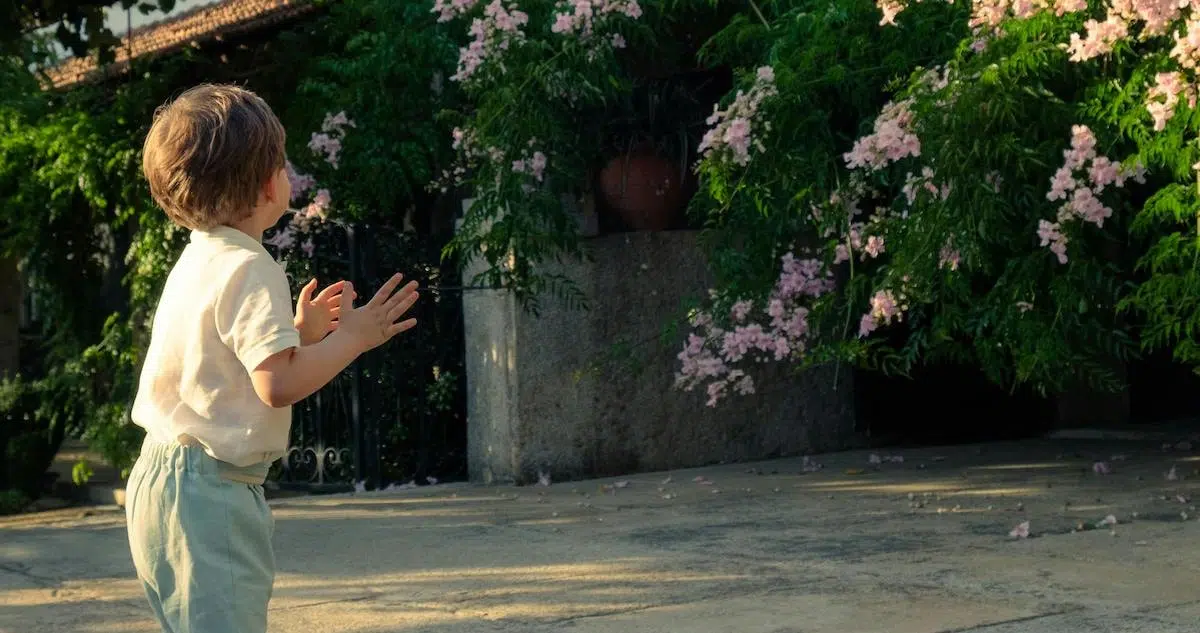Practical Tips For Teaching Your Child To Count
Emmy Samtani
Emmy Samtani
Up next
There is usually a lot of excitement that comes when you first discover your little one can count! Now this might only be 1-2-3 but it is an achievement and one to celebrate. Children get great joy in showing off their new found skill, especially when it gets quite the response from you. As they grow, children need to be exposed to lots of experiences with making, counting, drawing and talking about numbers. It’s important to highlight connections for your child, by explaining to them how numbers and counting are a part of everyday life.
What are the benefits of teaching preschoolers to count?
You can start to introduce the concept of counting and numbers to your little one around the age of 1, by modelling these techniques yourself. This will help to improve their readiness for other math concepts that will be taught in the future – such as addition and subtraction.
Here are a few simple ways you can develop your child’s numeracy skills as early as the toddler years:
How old are you?
Tell your child how old they are while holding up the correct number of fingers. If your child is not ready to model this behaviour, simply continue to show them every now and then. Eventually they will hold up the correct number of fingers. When they do, congratulate them! This is a huge achievement for a little one.
Playing Shop
Collect food and grocery items and label them with prices written on sticky notes. Talk to your child about how we pay for items using notes and coins – you can make paper money to buy and sell goods from the shop.
Remember, keep engaging in these activities in a fun and stress free way. The idea is to demonstrate and model behaviours until your child remembers them, and can model them back. Putting pressure on your child or scolding them for ‘incorrect’ answers will only cause anxiety. All children will develop at their own rate, so rather than comparing them to others, support their individual journey in the best way you can.
Model counting
There are many ways to model early number concepts and counting. For example, when you spoon your toddlers food onto their plate, count aloud the spoonfuls as you put them down. When colouring, hand your child a crayon and say ‘this is one crayon’, hand them another and say ‘this is the second crayon’. You can eventually ask your child to place the crayons in your hand, and count the same way you did. As your child does this activity, they are reinforcing counting skills and building the mental understanding of addition.
Keep your lessons short, simple and to the point. You can model counting in any situation in life – whether outside or at home. Don’t get discouraged if your child doesn’t automatically pick up the concept. Simply continue to model counting regularly, and they will eventually demonstrate an understanding.
Roll the dice!
Dice are a great addition to any toy collection. Roll the dice and verbalise or write the numbers identified (depending on the age of your child). For an older and more advanced child, roll the dice and add the numbers together to find the total.
Find the numbers
This is the perfect game for a day inside, or when out and about. Look for calendars, clocks, house numbers – numbers are everywhere if you’re looking for them! Say the numbers out loud as you come across them.
A story of numbers
By adding maths into a story, children can make more logical links to their everyday life. Turn everyday objects, such as fruit, into a maths story. Count the fruit in the fruit bowl, then cut the fruit into pieces and count them. Then count the pieces you put on the plate, then the pieces you eat!
Counting is one of the first experiences of maths for young children. Learning how to count often begins with a favourite song or rhyme, and the repetition of numbers. As children move on to counting a collection of objects, they will begin to link each object with a number. And so the process of maths begins.
By getting involved in your child’s learning, you will make a huge difference to their future at preschool and beyond.
Related Articles
Trending
Emmy Samtani
Follow +Emmy is the founder of Kiindred and mother to 3 little ones. Over the last 4 years, she has worked with some of the most credible experts in the parenting space and is a keen contributor on all things parenthood.









